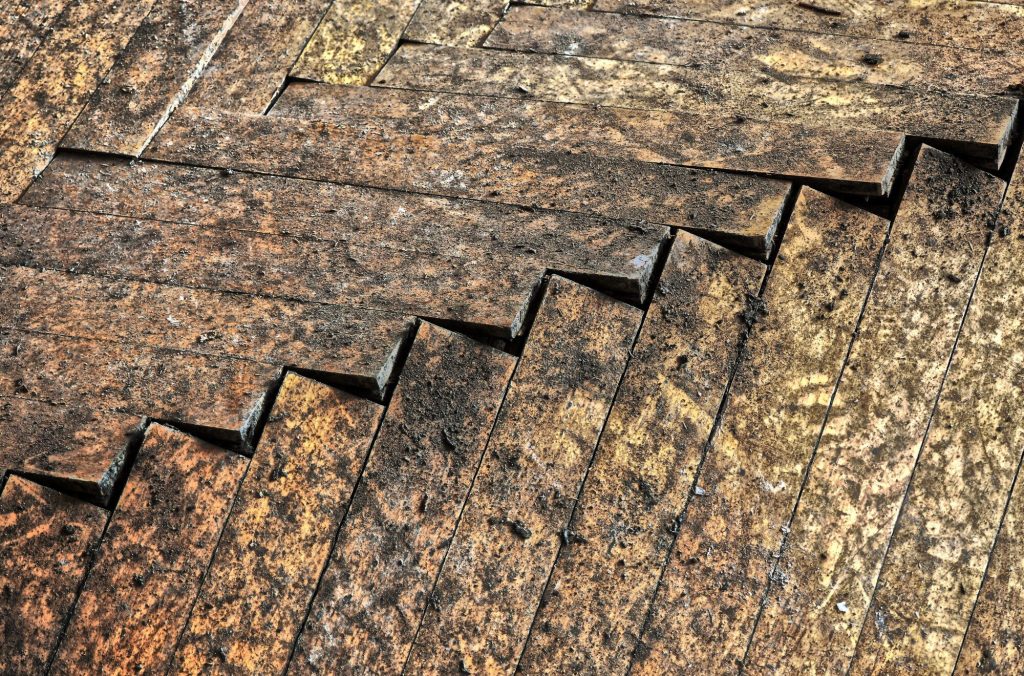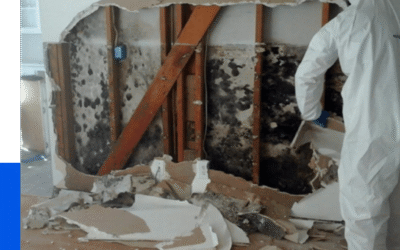
Not all businesses are created equal; the same can be said about professionals like mold inspectors. While many mold inspectors are credible, experienced, certified, and knowledgeable about the latest industry techniques and practices, others fall short and are simply looking to profit from a homeowner’s unfortunate discovery (or suspicion) of mold growth in their home.
You can often distinguish good inspectors and remediation companies from bad ones by browsing their websites or checking consumer-oriented platforms like Angie’s List. However, aside from conducting background research, assessing their qualifications personally is always a good idea, whether over the phone or during a mold estimate appointment. For those needing mold cleanup Chicago services, asking the right questions is essential. Here are 10 questions for your mold inspector to ensure you’re not getting ripped off.
ARE YOU FAMILIAR WITH THE IICRC S520?
The IICRC, or International Institute of Inspection, Cleaning and Restoration Certification, has published the S520 standard, its official reference guide for mold remediation. While mold inspectors aren’t legally required to follow this standard, credible professionals generally adhere to it. The IICRC is a leading trade association serving cleaning and restoration/remediation professionals. For homeowners needing mold remediation Chicago area services, choosing a company that follows these guidelines is key to ensuring effective and safe mold removal.
ARE YOU WRT OR AMRT CERTIFIED?
The aforementioned IICRC offers two certifications: WRT, or water restoration technician, and AMRT, or applied microbial remediation technician. Ideally, your mold inspector should have both, but the AMRT one is more important. Such certifications require continuing education credits to uphold.
ARE YOU A CIE?
In addition to the above certifications, ask if your mold inspector is a CIE or a certified indoor environmentalist. This is another credible title in the industry.
ARE YOU GOING TO TEST/SAMPLE THE MOLD?
If you simply want the mold remediated, there’s really no reason why mold has to be tested to determine what species it is. All molds are removed using the same technologies. So, if they plan to send the mold out for testing, it could cost you extra. However, sampling/testing is recommended if you’re unsure if a certain substance is a mold or if you smell a musky odor that you think may be mold but aren’t sure where it is coming from.
WHERE DOES THE SAMPLE GO TO BE TESTED?
If they say, “We buy test kits from the local hardware store,” then run. The most credible inspectors have testing labs where they do their work.
DO YOU ALSO REMEDIATE THE MOLD?
Some mold professionals or mold companies inspect and remediate mold, though there are some exceptions to avoid conflict of interest. If a mold inspector simply does the inspection, make sure they can recommend you to a qualified company for the remediation.
WHAT TECHNOLOGIES DO YOU USE TO REMEDIATE MOLD?
Generally speaking, mold professionals either remediate using mold-killing and removing chemicals or via media blasting. If a mold inspector tells you anything different, make sure it’s legitimate.
WHAT OTHER SERVICES DO YOU PROVIDE?
Most good remediation companies specialize only in mold inspection or removal, environmental remediation (e.g., asbestos, lead), or related services like water damage restoration. Anyone who offers a wide range of other services (e.g., handyman, HVAC maintenance, landscaping, etc.) may be a sign of a bad company. Just how qualified and specialized are they?
WHAT’S THE COST OF THE INSPECTION?
Get a cost breakdown, from inspection and sampling fees to the cost for remediation (should the inspector or company also perform that work).
HOW CAN I ENSURE THAT THE MOLD WON’T RETURN POST-REMEDIATION?
Most unethical inspectors/companies won’t be able to answer this question. Why? Because as long as they get paid for the work, they don’t care. However, good companies will work with you to determine and resolve the mold growth source to eliminate future problems. Wherever moisture is present, there’s the potential for mold growth. and growth can occur in as little as 24 to 48 hours. Many good companies will offer warranties and guarantees that they’ll not only remove all of the molds but will solve your mold problem in a specific area once and for all.
It’s never fun to discover what appears to be mold in your attic, basement, or elsewhere in the home. But perhaps just as frustrating is hiring an underqualified and unethical professional to inspect and remediate it. To get a professional mold remediation company to handle your project, call The CleanUP Guys in Chicago.
